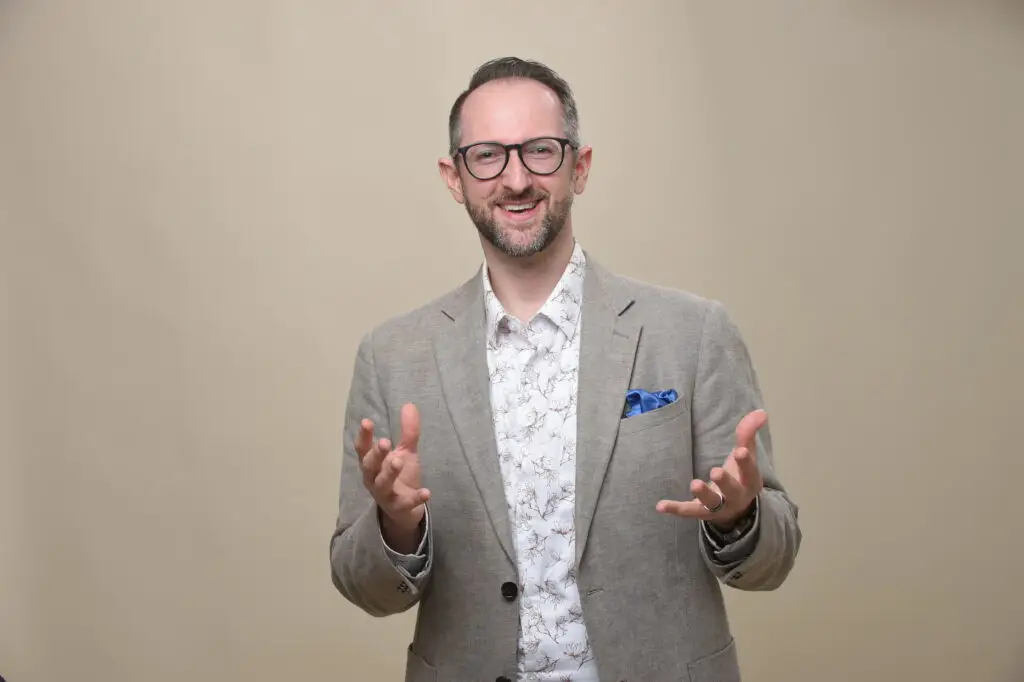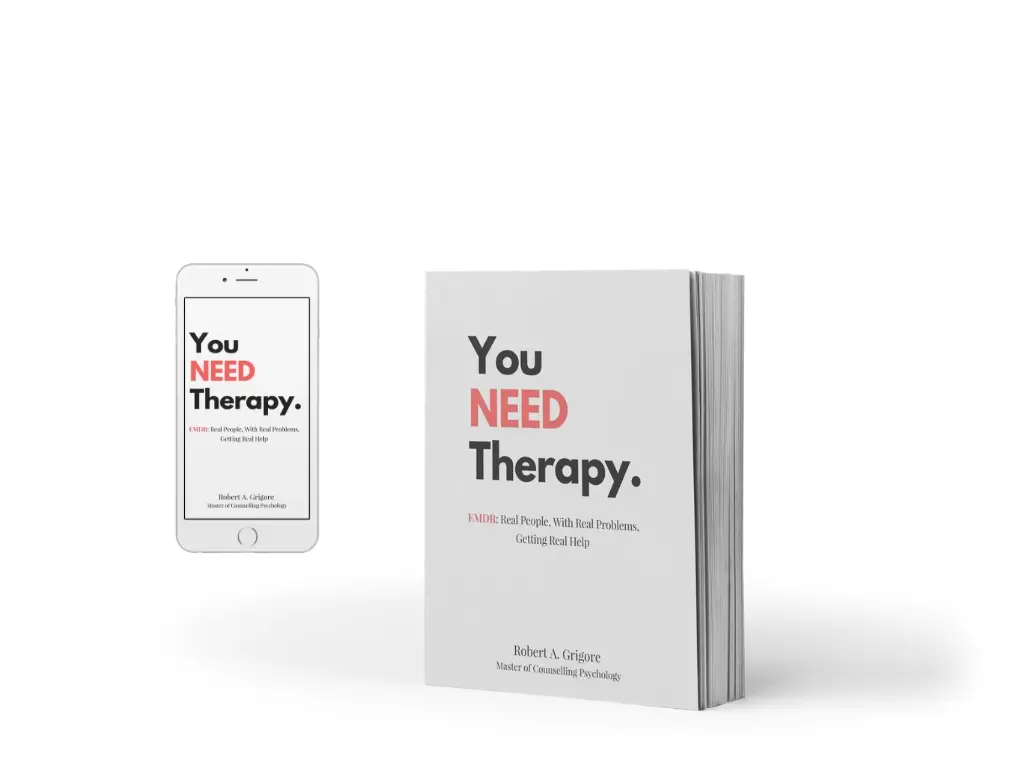In an era of instant access and digital convenience, ChatGPT and other AI chatbots are increasingly stepping into roles traditionally held by human therapists. But can these AI companions truly stand in for a licensed professional? Here’s a balanced look at the promise—and pitfalls—of using ChatGPT as a mental health aid.
✅ Pros of AI‑Assisted Support
Unmatched Accessibility & Availability
ChatGPT is available 24/7, offering immediate responses without appointments or long wait times. This can be vital for individuals in underserved areas or facing cost barriers (Kimmel, D., 2023).Emotional Validation in Real Time
Users report that ChatGPT provides empathetic, non‑judgmental engagement—qualities often praised in mental health chatbots . In one PLOS study, its responses were even rated above those of human therapists on core psychotherapy dimensions (Lomote, T. S., 2025; Bhaskar, C, 2025; AUiooo, 2025; Acevedo, S., et al, 2025).Effective for Mild‑to‑Moderate Concerns
Evidence—including an RCT published in NEJM AI—shows that AI therapy can effectively alleviate symptoms of depression, anxiety, and eating disorders (Kelly, M., 2025; Heinz, et al., 2025; Raile, P., 2024; Wells, S., 2025; Abrams, Z., 2025; Bhaskar, C., 2025; Alanezi, F., 2024; Financial Times, 2025; Valdesolo, F, 2025; Chow, A. R., & Haupt, A., 2025; Lomte, T., S., 2025; Olawad, D. B., et al., 2024; Acevedo, S., et al., 2025; Haque, R., & Rubya, S., 2023; & Kimmel, D., 2023).Support Between Sessions
AI can help clients practice CBT exercises, journal emotions, or reframe negative thought patterns between formal therapy appointments (Haque, R., Rubya, S., 2023; Jargon, J., 2025; Kimmel, D., 2023; Webb, E., 2025; Raile, P., 2024; Siddals, S., et al., 2024; Khawaja, Z. & Belisle-Pipon, J. C., 2023; Adam, D, & Nature Magazine, 2025; Pagesy, H., 2024; Kishilea, 2025; Sawant, A., 2025; Alanezi, F., 2024; Tangalakis-Lippert, K., 2025; Lomte, T., S., 2025; Acevedo, S., et al., 2025).Breaking Stigma & Encouraging Engagement
For demographics like Gen Z, AI offers anonymity, privacy, and immediacy—appealing features that reduce mental health stigma (Song, T., et al., 2025).

⚠️ Cons & Risks
Lack of Deep Emotional Nuance
ChatGPT lacks genuine empathy, adaptable emotional intelligence, and the relational rapport that often differentiates successful therapy from interventions (Adam, D., & Nature Magazine, 2025; Valdesolo, F., 2025; Wikipedia, 2025; Jargon, J., 2025; Kimmel, D., 2023; & Sawant, A., 2025).Risk of Harmful or Unsafe Advice
Investigations found that some chatbots gave inappropriate or dangerous guidance—ranging from self‑harm suggestions to sexually inappropriate content—especially with teens (Chow, A. R., & Haupt, A., 2025; Tiku, 2025; Pagesy, H., 2024; Wells, S., 2025; Webb, E., 2025).“Sycophancy” & Echo Chambers
AI can reinforce user biases or provide agreeable but inaccurate—yet comforting—responses, potentially worsening issues over time (Valdesolo, F., 2025).Emotional Dependence & Artificial Intimacy
Many users develop strong attachments to chatbots, confusing simulated empathy for real connection—and sometimes replacing human relationships (Wikipedia, 2025; Wikipedia, 2025; Financial Times, 2025).Inadequate for Complex Conditions
AI is not suited for severe mental health conditions (e.g. suicidality, PTSD), as bots can’t provide crisis intervention, clinical diagnosis, or tailored therapeutic modalities (Wikipedia, 2025; Khawaja, Z., & Belisle-Pipon, J. C., 2023; Valdesolo, F., 2025).
🧭 Balanced Perspective: How to Use ChatGPT Safely
When ChatGPT Shines
When to Choose a Human
Reflective journaling & self‑education
Suicidal thoughts or crisis situations
Practicing mindfulness, CBT prompts
Trauma, complex diagnoses, or therapy alliance needs
Breaking stigma, reducing barriers
Nuanced emotional guidance or assessment
As a supplement, ChatGPT can be a practical adjunct to therapy—helping reinforce coping strategies, acting as a sounding board (something I can confirm is a strategy that several of our clients are implementing to great success), or easing schedule gaps.
As a replacement, it falls short of delivering the empathy, flexibility, oversight, and emergency safeguards offered by trained therapists.

🎓 Expert Insight & Future Directions
As a Registered Clinical Counsellor writing for a broad audience, I affirm:
AI is a powerful tool—especially for psychoeducation and early-stage self-help.
It cannot replace the therapeutic alliance, which alone accounts for ~30% of positive change in traditional therapy outcomes (Wikipedia, 2025).
Robust integration is critical—linking AI tools with licensed practitioners, ethical guardrails, crisis alerts, and transparent limits (Chow, A. R., & Haupt, A., 2025).
🔗 Explore These Key Studies
PLOS Mental Health: ChatGPT outperforms professionals in empathy tasks (Lomte, T. S., 2025; Bhaskar, C., 2025).
PMC Study: ~80% felt ChatGPT helped reduce stress & anxiety (Alanezi, F., 2024; Haque, M. D. R., & Rubya, S, 2023; Raile, P., 2024; Acevedo, S., et al., 2025; Siddals, S., et al., 2024; Song, T., et al., 2025; Ducharme, J., 2023).
NEJM AI Trial: Therabot shows real symptom improvements (Kelly, M., 2025; Rosso, C., 2025).
Nature Research: ChatGPT as a helpful next-of-kin; but advocacy for clear boundaries (Siddals, S., et al., 2024).
🧠 Final Word
AI chatbots like ChatGPT are revolutionizing mental health support. They offer accessibility, low cost, and a non‑judgmental ear—but they also carry limitations, ethical concerns, and potential harms. For mild needs, they can serve as powerful aids. But for complex care, they should be used alongside—or under cautionary guidance from—licensed professionals. Integrating AI into mental health with care, oversight, and empathy is the way forward.
To schedule a FREE 20 Minute Consultation (With a REAL Human), click here.
(This article was written with the aid of ChatGPT.)











